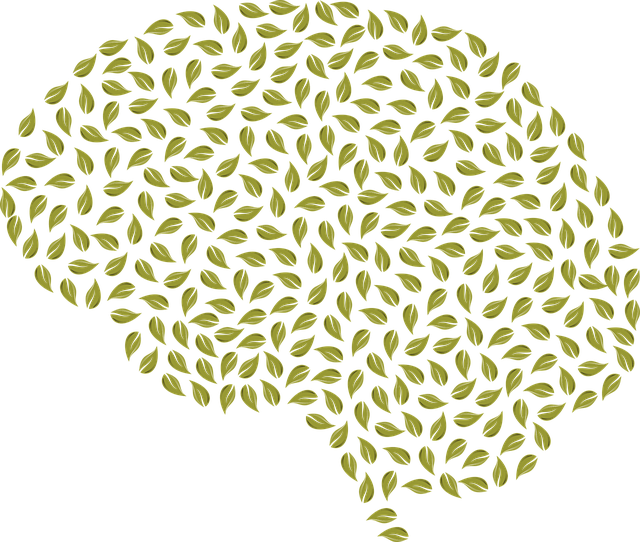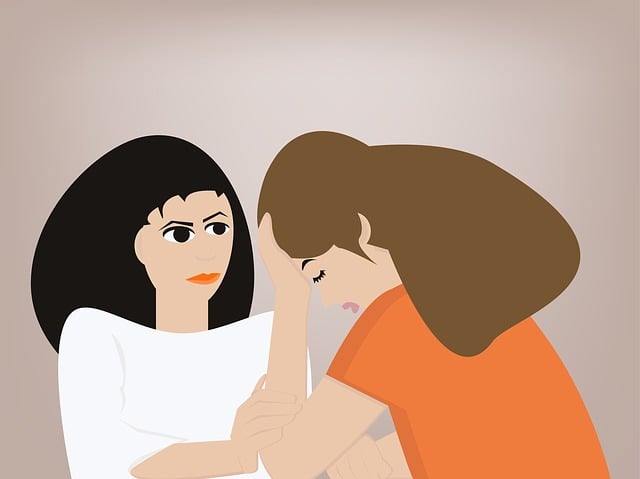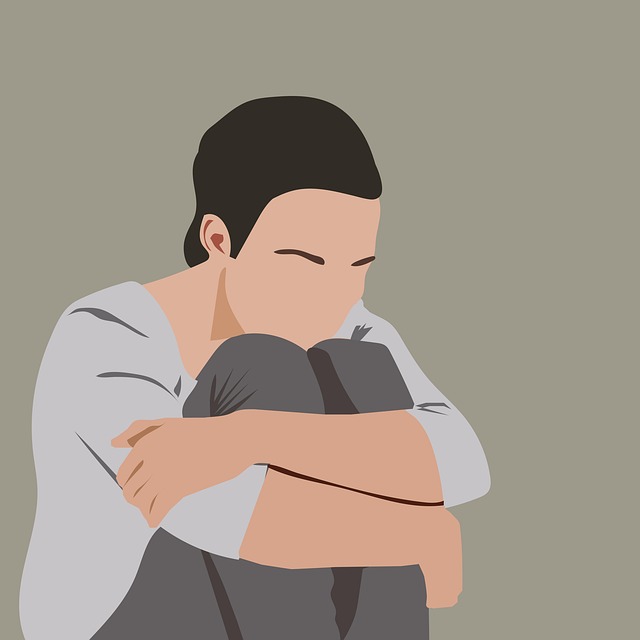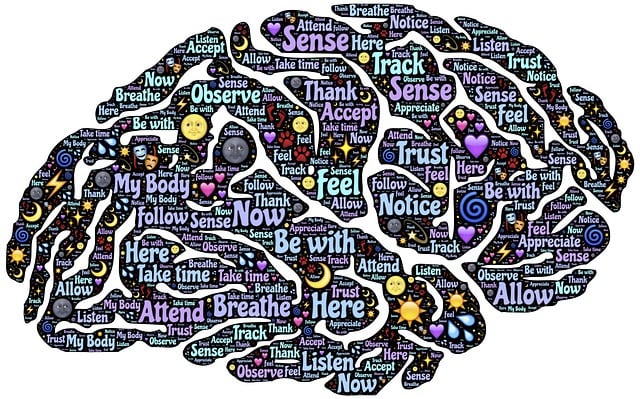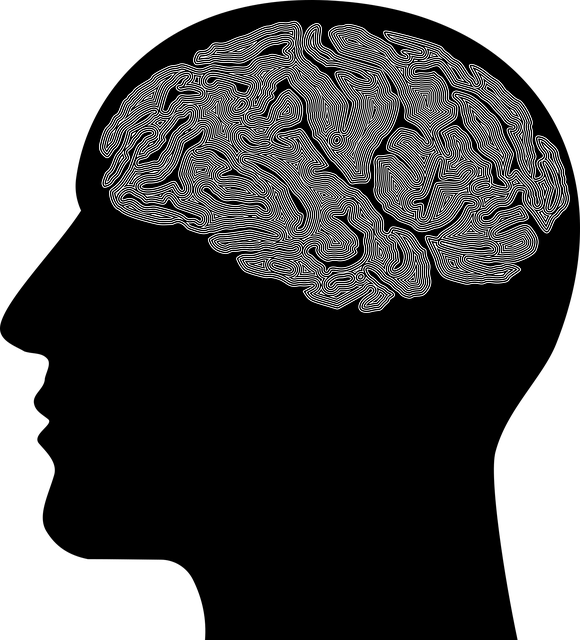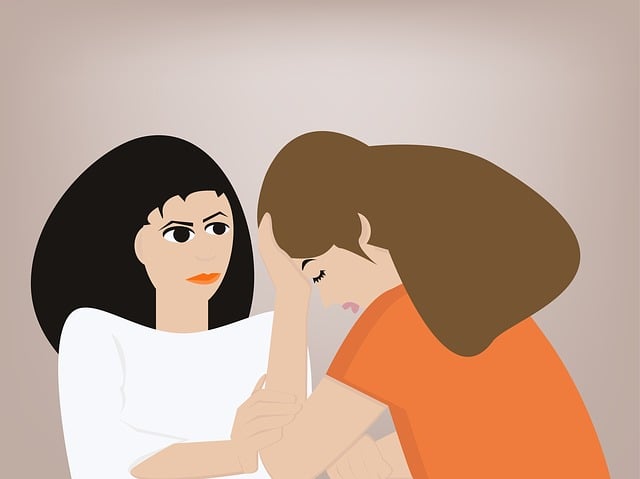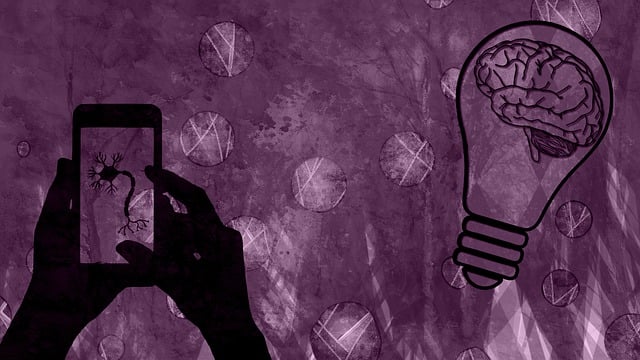Boulder Learning Disability Therapy employs the Resourceful Living Model (RFM) to build resilience in individuals with learning disabilities, focusing on resource awareness, facilitating strategies, and mastering experiences. Their holistic approach combines mindfulness meditation, art therapy, and personalized exercises to enhance emotional intelligence, stress management, and self-acceptance. By tracking progress through tailored assessments and celebrating successes, they empower clients to navigate challenges with improved mental toughness, cultural sensitivity, and enhanced quality of life.
“Explore the powerful synergy between RFM (Resilience, Flexibility, and Mastery) and Boulder Learning Disability Therapy to forge unbreakable strength in individuals. This article delves into a structured approach to resilience building, offering insights on understanding RFM’s core principles. Discover how Boulder Learning Disability Therapy enhances these exercises, making them accessible tools for daily life and therapy sessions. Learn effective strategies for design, implementation, and measurement, ultimately empowering readers to navigate challenges with newfound confidence.”
- Understanding RFM: A Foundation for Resilience
- The Role of Boulder Learning Disability Therapy
- Designing Effective Resilience Building Exercises
- Implementing RFM in Daily Life and Therapy Sessions
- Measuring Progress and Celebrating Successes
Understanding RFM: A Foundation for Resilience

Resilience is a vital asset for individuals navigating life’s challenges, and it begins with a strong foundation. This is where RFM (Resourceful Living Model) comes into play, offering a structured approach to fostering resilience. Boulder Learning Disability Therapy recognizes the power of RFM in empowering individuals to cope with various obstacles. The model focuses on three key components: Resource Awareness, Facilitating Strategies, and Mastering Experiences.
By understanding one’s resources, such as personal strengths, social support, and problem-solving skills, individuals can develop a sense of self-efficacy. This awareness is crucial for managing stress and preventing depression. Boulder Learning Disability Therapy sessions often involve exercises that enhance resource identification, ensuring clients recognize their inherent capabilities to overcome adversity. Moreover, the model promotes cultural sensitivity in mental healthcare practice by encouraging individuals to embrace their unique perspectives and backgrounds as sources of resilience.
The Role of Boulder Learning Disability Therapy

Boulder Learning Disability Therapy plays a pivotal role in fostering resilience through specialized approaches tailored for individuals with learning disabilities. Beyond addressing specific learning challenges, this therapy focuses on enhancing coping strategies and emotional intelligence, empowering clients to navigate life’s complexities with greater ease. By integrating practices like mindfulness meditation, Boulder Learning Disability Therapy facilitates the development of mental toughness, enabling participants to better manage stress and overcome obstacles.
In the context of Mental Illness Stigma Reduction Efforts, this therapeutic approach stands out for its holistic nature, addressing not just cognitive or behavioral aspects but also the profound emotional healing processes required for genuine transformation. Through engaging exercises designed to build resilience, Boulder Learning Disability Therapy encourages self-acceptance, fostering a safe space where individuals can explore their experiences without fear of judgment. This supportive environment is crucial in encouraging open communication and strengthening the mind’s ability to adapt and flourish despite life’s challenges.
Designing Effective Resilience Building Exercises

Designing effective resilience building exercises requires a nuanced approach tailored to the specific needs and abilities of individuals, especially those with learning disabilities. At Boulder Learning Disability Therapy, therapists emphasize the importance of personalization and fun activities to foster engagement and meaningful progress. Exercises should not only address coping skills development but also integrate stress reduction methods and communication strategies that cater to diverse learning styles.
A well-designed program can include creative outlets like art therapy, storytelling, or role-playing scenarios that help individuals express their emotions and practice problem-solving in safe, controlled environments. By combining these techniques with regular feedback and reinforcement, participants gain valuable tools for navigating challenges, improving their overall resilience, and enhancing their quality of life.
Implementing RFM in Daily Life and Therapy Sessions

Implementing RFM (Resilience, Flexibility, and Mindfulness) in daily life and therapy sessions is a powerful approach, especially for individuals with learning disabilities. Boulder Learning Disability Therapy emphasizes the integration of RFM to enhance overall well-being. This involves incorporating practices that foster resilience, enabling individuals to navigate challenges with adaptability and strength.
In therapy, RFM strategies are tailored to address specific needs. For instance, communication strategies are taught to improve self-expression and understanding, promoting better social interactions and reducing potential sources of stress. Additionally, developing a structured self-care routine can be beneficial for managing anxiety and depression prevention. Mindfulness exercises help individuals stay grounded in the present moment, improving focus and emotional regulation. These techniques collectively contribute to building mental resilience, allowing clients to cope effectively with life’s demands.
Measuring Progress and Celebrating Successes

Tracking progress is a vital component of resilience-building exercises, offering a clear view of an individual’s development and achievements. At Boulder Learning Disability Therapy, we utilize various assessment tools tailored to each client’s unique needs. These methods allow us to measure improvements in key areas such as emotional regulation, coping strategies, and overall mental well-being. By regularly reviewing progress reports, therapists can identify patterns, adjust treatment plans accordingly, and ensure that clients are on a successful path to enhanced resilience.
Celebrating successes is another essential aspect of the therapy process. Recognizing milestones achieved during resilience-building exercises fosters a positive mindset and encourages continued growth. Through this approach, individuals with learning disabilities not only gain practical tools for managing challenges but also develop a sense of self-efficacy. Incorporating cultural sensitivity in mental healthcare practice and compassion cultivation practices further enriches the therapeutic experience, enabling clients to navigate life’s twists and turns with resilience and grace. Mood management techniques play a pivotal role in this journey, helping individuals regulate their emotions and maintain a balanced mindset.
In conclusion, Boulder Learning Disability Therapy plays a pivotal role in integrating Resilience, Flexibility, and Mastery (RFM) into daily life and therapy sessions. By understanding the foundational principles of RFM and designing effective resilience-building exercises, individuals can enhance their ability to navigate challenges and thrive. Measuring progress and celebrating successes along the way fosters a sense of accomplishment and reinforces the power of resilience. Incorporating RFM strategies, as highlighted in this article, offers a comprehensive approach to building mental fortitude, making it an invaluable tool for personal growth and improved well-being.
